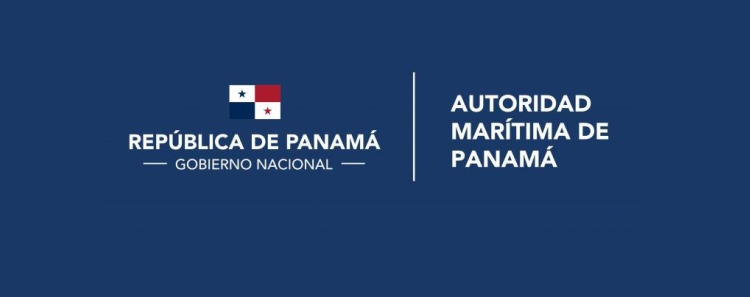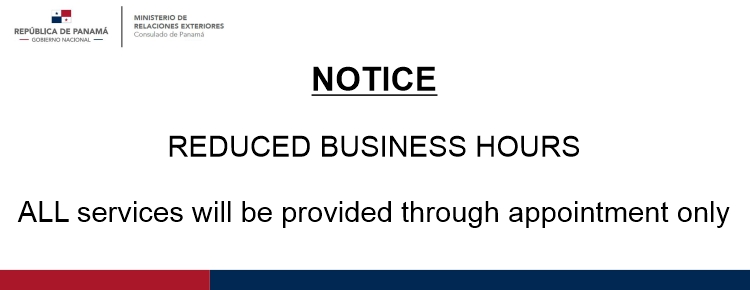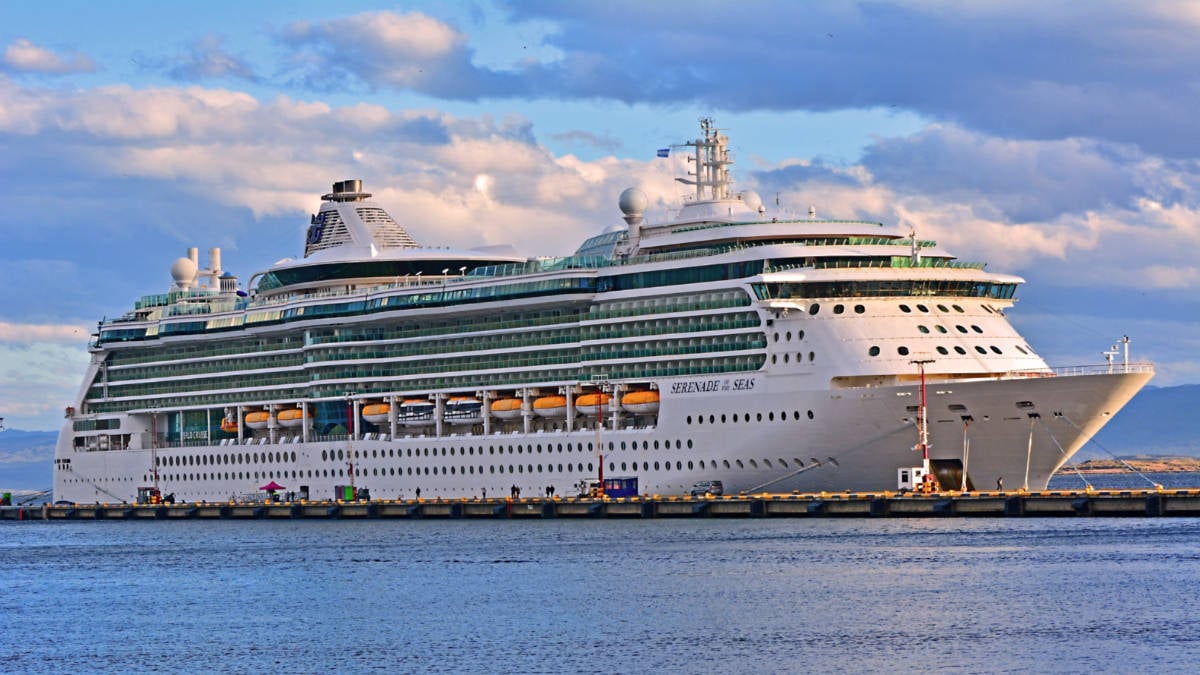
PANAMA—-July 28, 2023— The Panama Maritime Authority (AMP), in the past 4 years, has responsibly made decisions for adapting the Panamanian Ship Registry to the changes required by the international maritime industry, and provide continuity and sustainability in the business. This transformation came after observing, in 2020, the analyses of historical statistics of the world’s 5 registries with more tonnage, showing that if Panama did not take immediate actions, it would lose the market leadership by the end of 2022.
According to the latest World Fleet Monitor published on July 26 by the English database Clarksons Research, the Liberian Ship Registry is ranked as the ship registry with the highest tonnage with 246.5 million GT and 5,052 ships, while the Panama Registry has 244.3 million GT and 8,254 ships (Panama remains the leader in ship flagging) and the Marshall Islands Registry with 186.0 million GT and 4,231 ships.
In Clarksons Research’s World Fleet Monitor report, both Liberia and Panama appear with 16% of the world fleet and the Marshall Islands with 12%.
There are several factors that have caused Panama to lose market presence, among which the following stand out:
- The lack of updating legislation governing the Merchant Marine -while the maritime industry has evolved greatly- reducing Panama’s competitiveness compared to other Flag States.
- The inclusion of Panama in lists such as OECD, FATF and the Panama Papers, situations that have somewhat weakened the credibility of Panama’s service platform.
- The red tape that produced a significant delay in various services provided by the Registry.
- Lack of statistics’ analyses that, although reflecting that Panama was gaining tonnage, showed how it had been losing market presence progressively since before 2010.
- Lack of commercial strategies and poor understanding of market growth, among other factors.
However, the AMP has made important changes in the Registry to follow the current business model of the maritime industry, such as:
- Procedures and formalities were shortened to reduce time and cost.
- Constant communication with all stakeholders, whose feedback together with the study of data helps the registry to make better decisions.
- The reform and proposed revision of Law 57, presented to the AMP’s Board of Directors and which will be submitted to the Executive Branch, is a fundamental part of the strategy and revision of the current model.
- Investment in technology, a pillar of the current management.
- Reengineering of processes and restructuring of procedures.
- Risk measurement and a system based on due diligence.
- Characterization of markets, highlighting those in which Panama has the greatest interest.
- The training of its human resources, among other actions, are factors that have supported the growth of the Registry.
According to historical data from the World Fleet Monitor report (verifiable data), in July 2019, the current Administration found the Registry in decline (-2.7%), a trend that was reversed during the first 10 months of government and from May 2020, the Registry has showed positive numbers, reaching at its best moment, a growth of 3.9%.
Those measures have led, to date, to add more than 30 million tons of Gross Registry, highlighting the best tonnage retention, increasing it to 36% and the best cancellation rate (decreased by more than 10%).
In the past 4 years, the registry has grown, retention has improved, and cancellations have decreased. Even though within a purge of the registry, where delinquent vessels not complying or acting in direct violation of international norms ratified and implemented by the Republic of Panama, are cancelled, and with a contracted world economy, product of the pandemic and the situation between Russia and Ukraine that has, once again, directly affected the large economic groups.
The Panama Maritime Authority (AMP), as the regent of the Panamanian Registry, will continue managing the fleet in a responsible way, always putting first the country’s interests.


